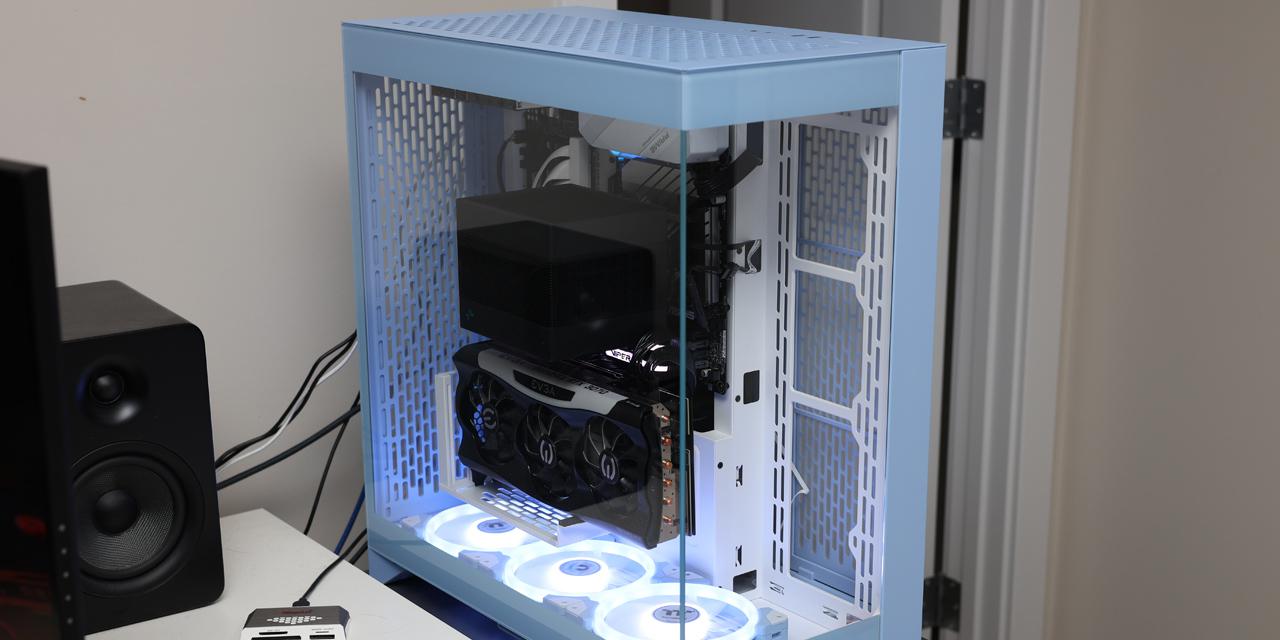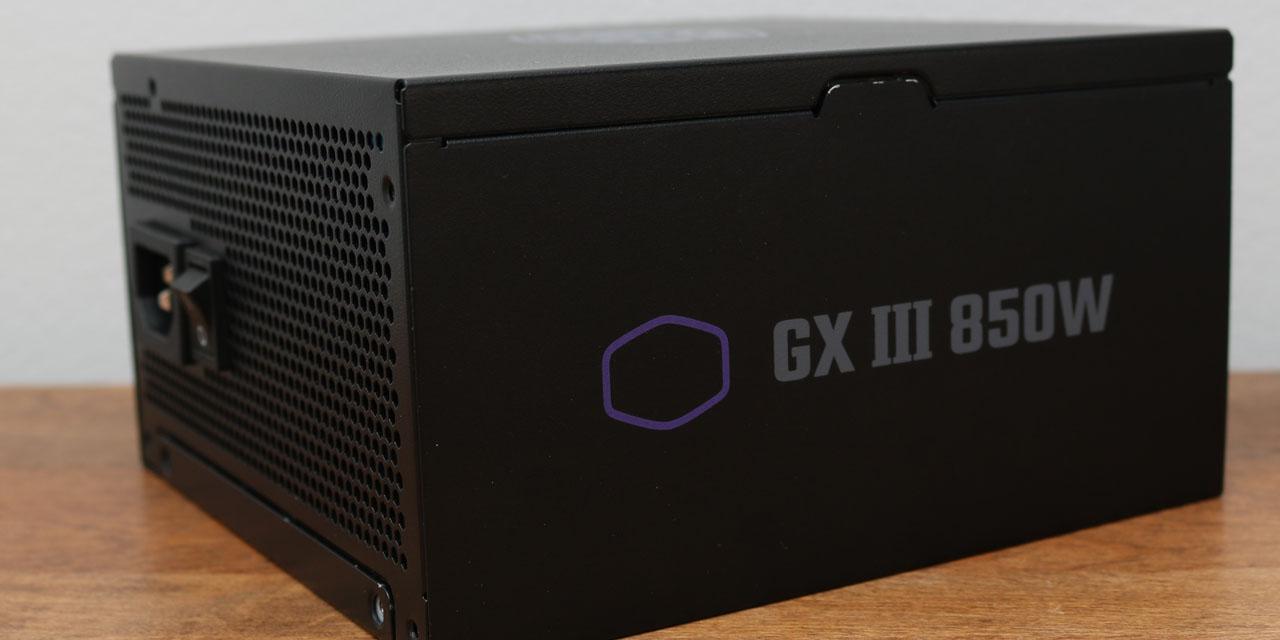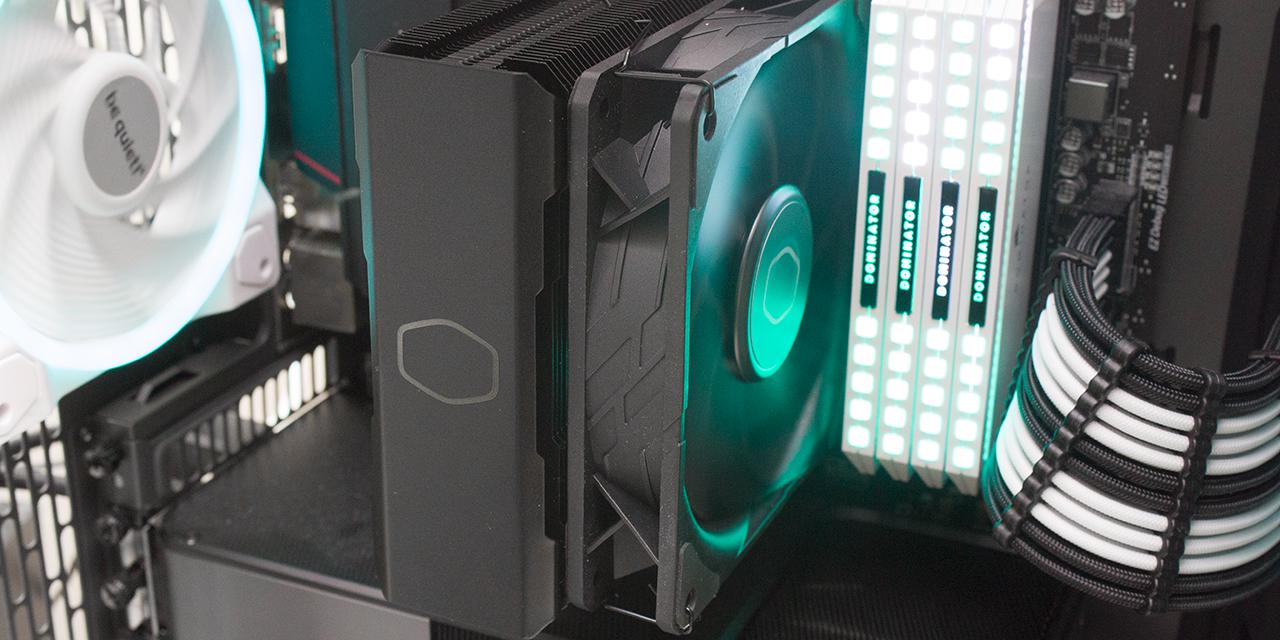From DailyTech: Two of the smartphone market's biggest powers met this week to discuss processors. UK-based ARM Holdings plc (LON:ARM), an architecture company whose titular instruction set is found in 95 percent of smartphones sold today, traveled to South Korea, the home turf of Android phonemaker South Korea's Samsung Electronics Comp., Ltd. (KSC:005930). Samsung accounted for over 30 percent of global smartphone shipments in Q3 -- nearly three times more than any other OEM.
Samsung and ARM met to discuss the adoption of ARM's new ARMv8 64-bit instruction set, which Samsung's upcoming Exynos 6 processors for next year's Galaxy S5 is expected to use. Antonio Viana, ARM’s executive vice president of commercial and global development, met with senior Samsung executives to talk about the roadmap to 64-bit and beyond.
An unnamed senior manager at ARM with knowledge of the meeting suggested 128-bit chips might also have been discussed. While PC CPUs have yet to hit 128-bit, The Korea Herald quotes the senior ARM executive as saying there was a "possibility" that ARM would release a 128-bit instruction set in the next two years and push for smartphone/tablet adoption. But the Korean publication says the ARM official said these plans were only a "possibility" and not a definite plan at present.
The official is quoted as suggesting that smartphones soon may have more than 4 GB of memory and need 64-bit processors to address their memory. The source stated, "As technology moves from, for example, shifting to face recognition on smartphones from the fingerprint scanner to unlock an iPhone, it requires more powerful memory capacity."
It also appears that ARM is incentivizing the transition to 64-bit ARM chips in the mobile market, in part, to fuel its server ambitions, as well as its PC push.
While 64-bit chips offer some gains in graphics and I/O addition to the aforementioned memory addressing gains, processing is generally otherwise unaffected. However, ARM is purposefully tilting the playing field in 64-bit's flavor by designing its new instruction sets -- which allow more registers -- to only work for 64-bit chips. 32-bit chips will be forced to use the older, less optimized ARMv7. In other words, ARM is telling mobile chipmakers to make the switch or settle with last generation instruction sets.
View: Article @ Source Site





